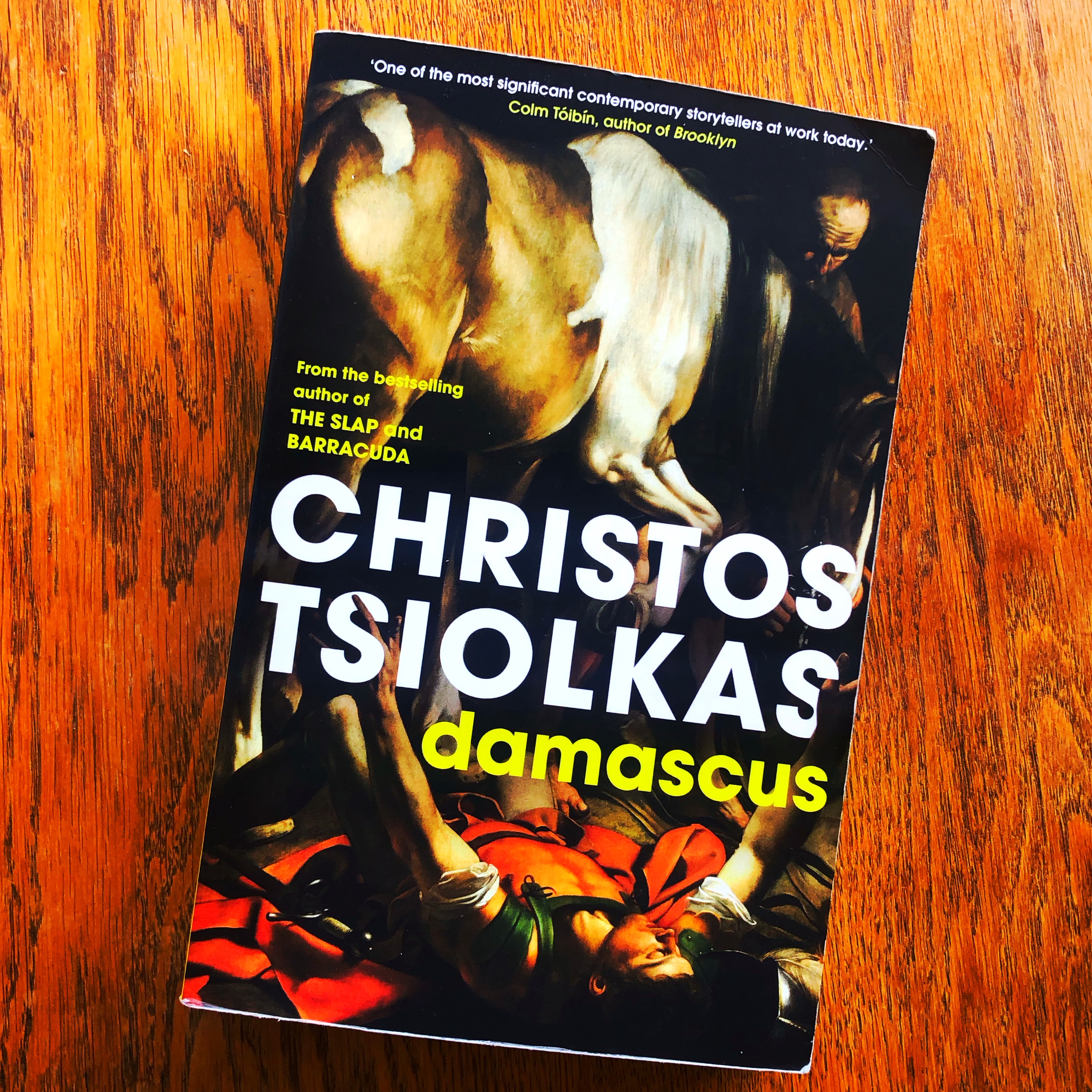Parsimony is not a word often used to describe a novel. For Chris Womersley’s Bereft (2010), I mean it as praise indeed.
Bereft tells the story of solder, Quinn Walker, returning from the First World War to the small NSW town where he grew up. Ten years earlier he had fled the town after witnessing a terrible crime for which he was blamed. The Australian bush becomes an almost surreal landscape in the novel. It is peopled by wandering figures traumatised by the horrific losses of the War and ravaged by the Spanish Flu ’plague’ of 1919. Quinn’s search for justice, together with the wild orphan-child, Sarah, is a compelling, beautifully-written tale that hardly puts a foot wrong.
I’m a firm believer in the Taoist principle of writing: that what you leave out is as important as what you leave in, and requires just as much thought. Wormesley is a master at this. It’s not simply that ‘less is more’. Rather, to have written more would have been excessive and ‘clogged’ the story; to have written less would have made it fail and fall out of the sky. He writes just the right amount to make the novel sufficient in itself, to make it run like a lean machine – and this parsimony in storytelling is a difficult thing to achieve.
Contemporary Australian novels contain plenty of examples of authors slipping up in this way at times (and I don’t exclude myself).
- The over-refined, self-conscious passage which hold up the action while it shows off – like an irritating, costumed street-performer blocking the pavement when you’re in a hurry to get somewhere.
- Elegant variations: those pointless, fey descriptions that the author wasn’t ruthless enough to delete and ‘kill their darlings’.
- Excessive use of simile, which becomes like a tic (‘like …like …like’).
- The needless ‘literary’ words which send the reader to the dictionary (blame Nabokov.) I personally never want to read the word ‘palimpsest’ in a novel again.
- The sagging middle, where the plot seems to dither around to fill pages after a dramatic start. Or, more commonly, what Zadie Smith terms the ‘staring-out-to-sea’ ending: the protagonist contemplates some pretty landscape while mulling (in a somewhat self-satisfed way) over the wisdom they have gained in the course of the novel.
Few writers won’t recognise these sins in their own work at some time. Wormesley is an experienced journalist and editor, and this will have helped the economy of his prose (yet when was that background alone ever a guarantee of good fiction-writing?). He has the instinct, too, of a natural storyteller who understands exactly how much to reveal to the reader, when, in what order, and without giving too much – or too little – detail.
Bereft, like all well-written novels, moves swiftly down the runway from the first page, like a beautifully-designed aircraft. It lifts effortlessly into the air, becomes weightless, and takes the willing reader wherever the author wants to fly.



